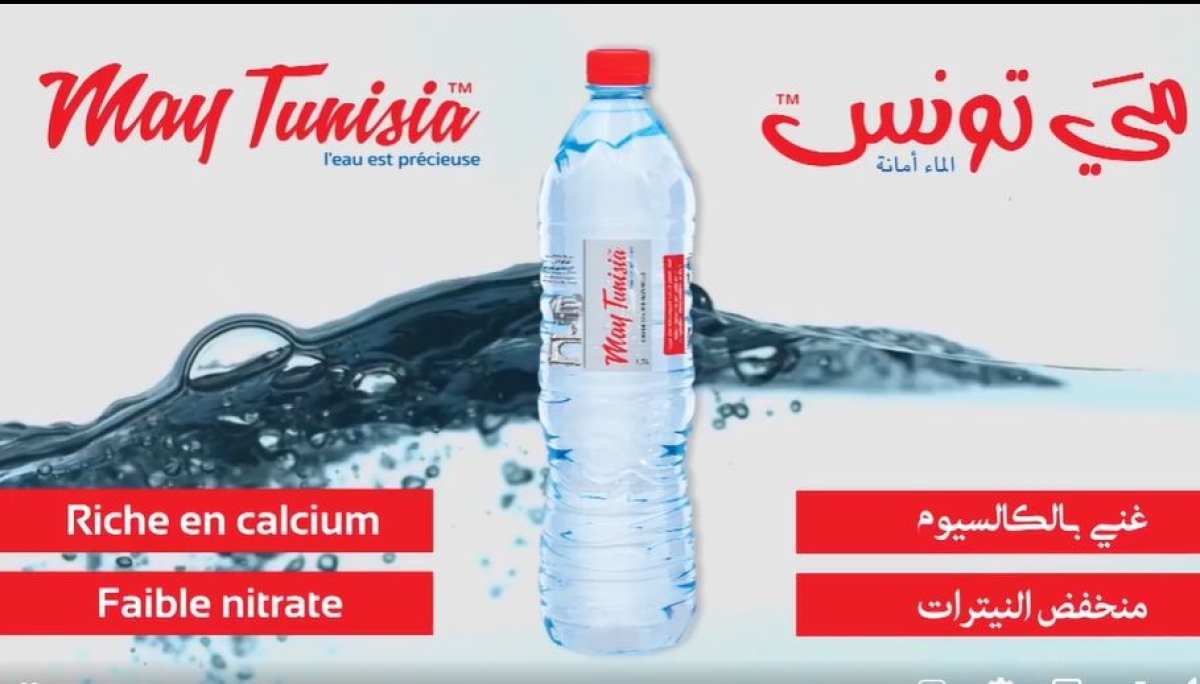Lebensbedrohlicher Wassermangel in Tunesien

Werbung für tunesisches Wasser, Bildquelle: FB-Video
In Tunesien, wie überall in Nordafrika, herrscht eine bedrohliche Dürre, der Wasserstand in Reservoirs sinkt, Trinkwasser wird rationiert und landwirtschaftliche bebaubare Flächen fallen brach.
Seit einigen Tagen nun ist es offiziell: "The country is now officially classified as being below the water poverty line".
Wie schlimm die Lage ist, die teils auf hausgemachten Problemen, teils am Klimawandel liegt, beschrieb AL-Monitor in drastischen Farben schon vergangenen Sommer:
Tunisian officials warned in the past that the country may witness a water deficit in 2023. But it seems no serious steps have been taken to prevent this at a time when all political leaders, including President Saied, are engaged in battles over their positions.
The Tunisian government previously relied on “water associations,” which are decentralized institutions in charge of securing the supply of water to thirsty areas. But these associations have plunged into several crises due to bankruptcy and corruption, thus disrupting water supplies to several areas of Tunisia, especially in the north.
During a meeting with Minister of Agriculture Mahmoud Elias Hamza on June 27, Saied — who is facing widespread opposition over a series of measures he has taken since last year that are seen as cementing his one-man rule — called on the ministry to make sure these water associations help resolve the water crisis.
“Tunisians are complaining of thirst in many regions for several reasons, including the adopted water policy. The water associations must address the crisis,” Saied said.
Alaa al-Marzouki, head of Tunisia's WatchWater, told Al-Monitor that Saied’s call to restore the water associations’ role is a positive step to solve the water crisis Tunisia is suffering from. But, he stressed, this call will not achieve any results if no suitable mechanisms are adopted to address the crisis.
“Three million Tunisians are threatened with thirst so long as water associations do not return to work. We have more than 1,400 associations that were working to provide water to areas that are not supplied with water, but at least 30% of these associations have stopped working,” he added.
Marzouki added, “It is all because of the debts that these associations have yet to settle, which is what prompted the (state-owned) Company of Electricity and Gas to cut the electricity supply to such associations. Therefore, reactivating the role of these associations requires cooperation with several institutions, including the Company of Electricity.”